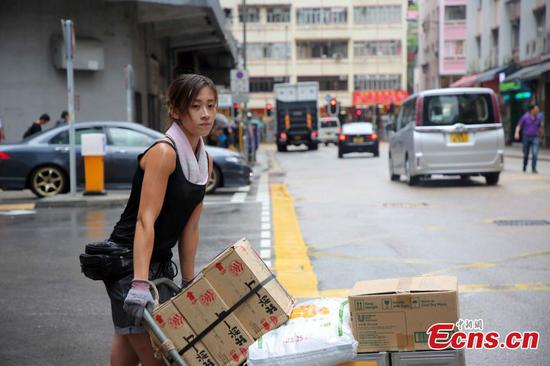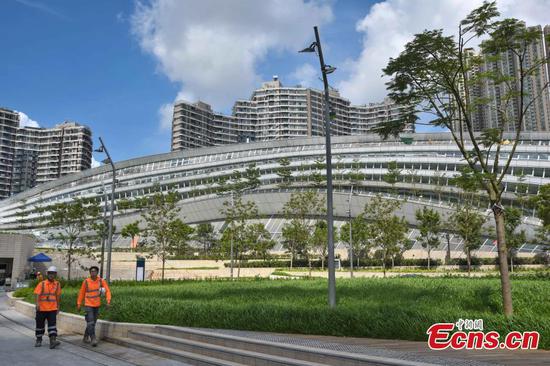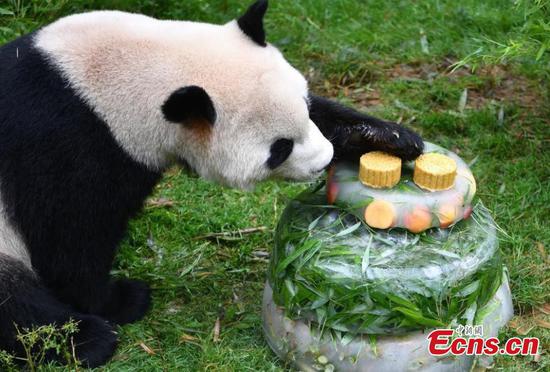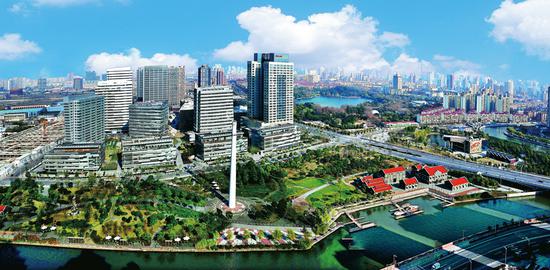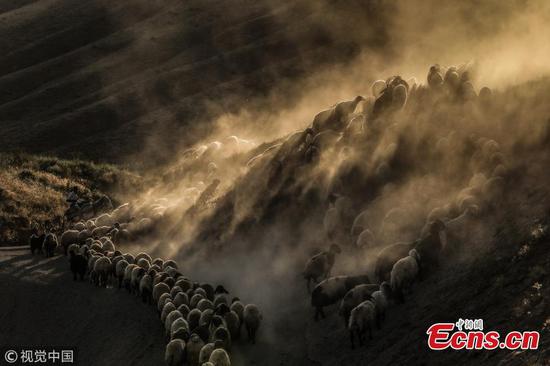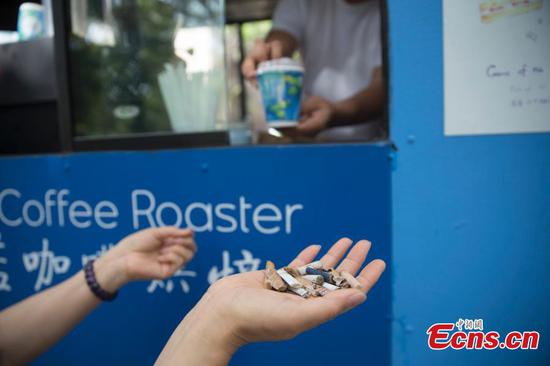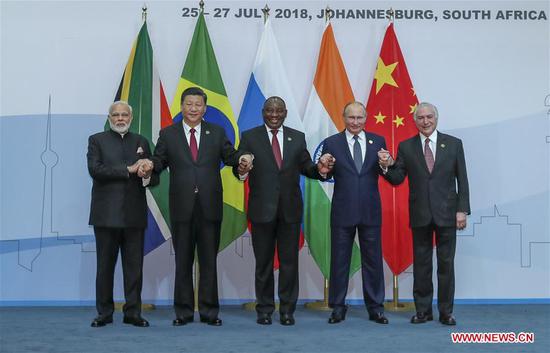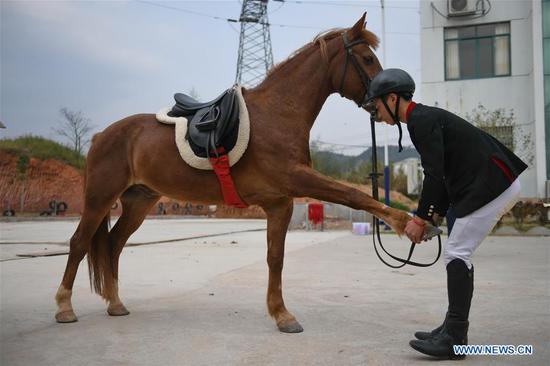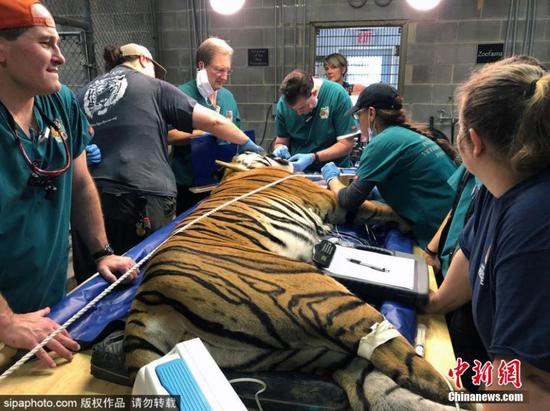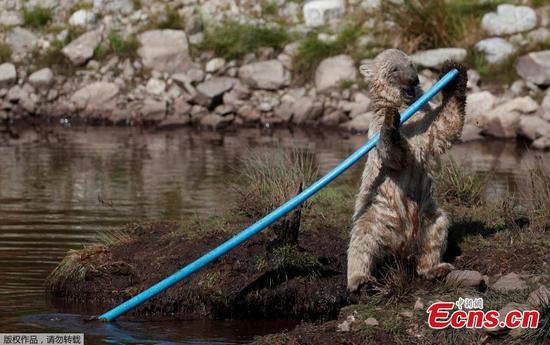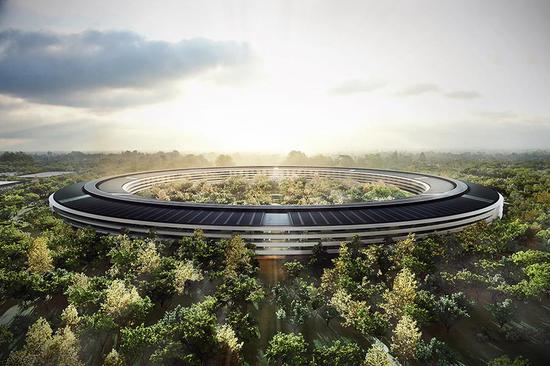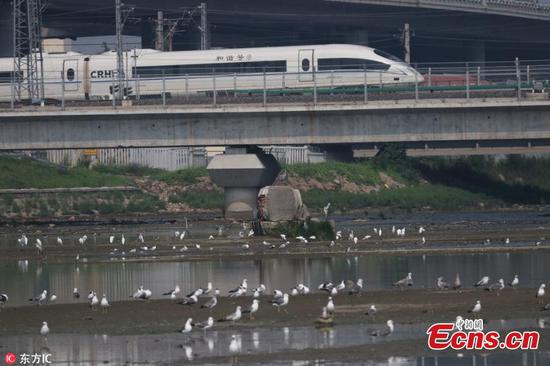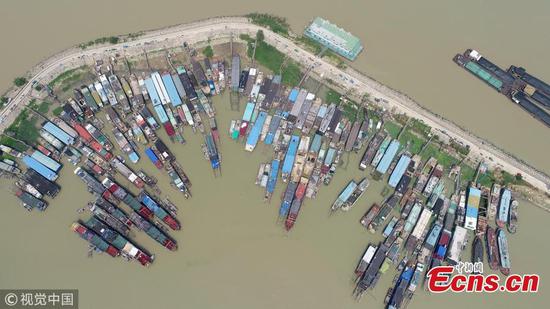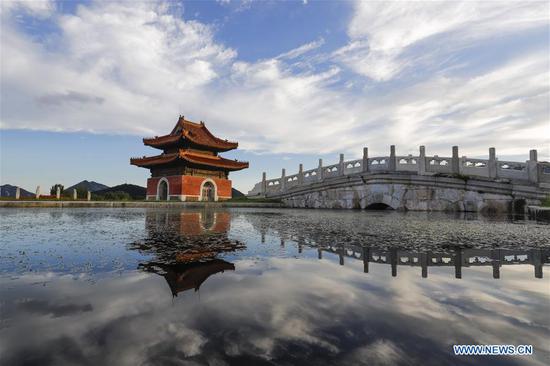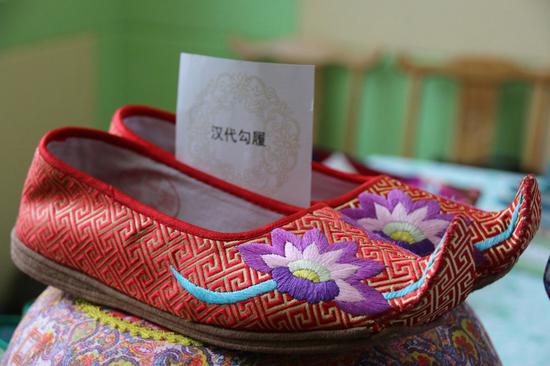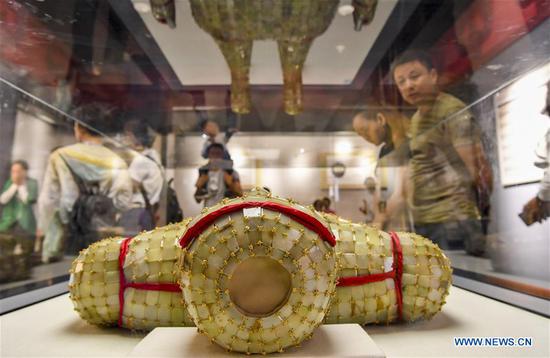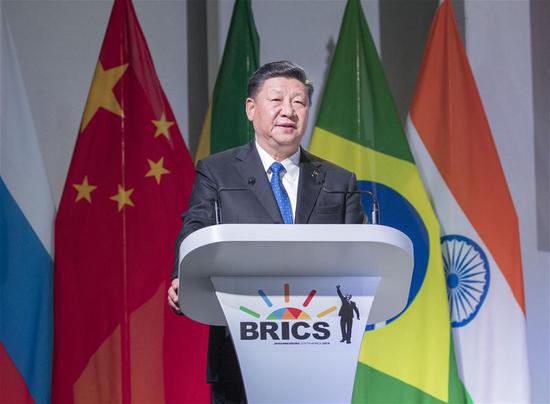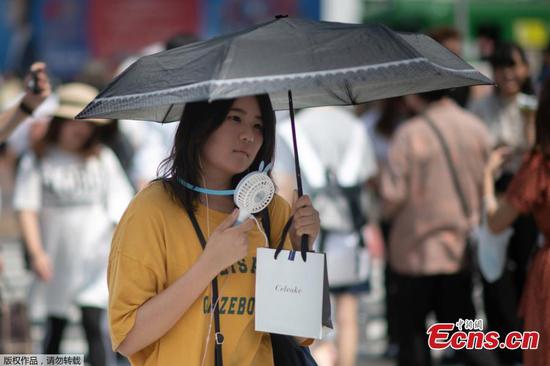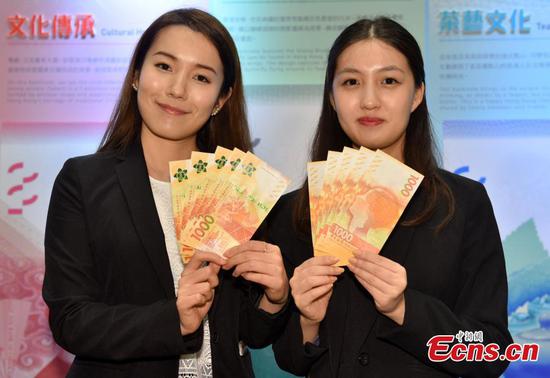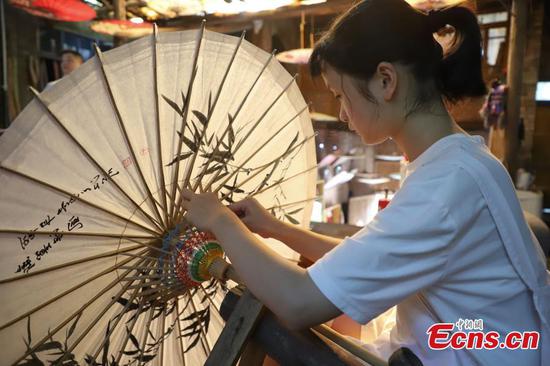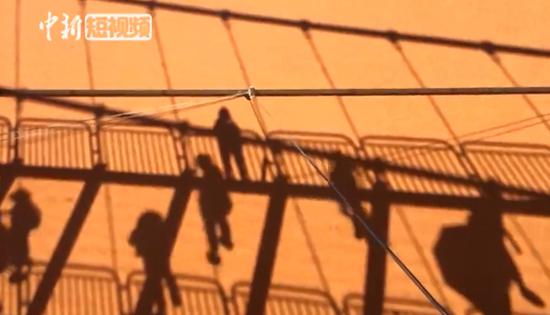China has faithfully fulfilled its accession commitments, substantially opened its market to the world, and firmly upheld the multilateral trading system since its entry into the World Trade Organization (WTO) in 2001, a Chinese envoy wrote in an article published on EUobserver Thursday.
Ambassador Zhang Ming, head of the Chinese mission to the European Union, in the article titled "China Firmly Supports and Upholds The Multilateral Trading System", gave a rundown on what China has done to this end.
ACCESSION COMMITMENTS FULFILLED
After its accession to the WTO, China significantly lowered import tariff rates and non-tariff barriers, liberalized the right to trade, boosted the services sector and reduced restrictions on foreign investment, he wrote.
Citing official data, he noted that China has reviewed and revised 2,300 laws, regulations and departmental rules at the central government level, and 190,000 policies and regulations at sub-central government levels
By 2010, China had fulfilled all of its tariff reduction commitments, reducing the average tariff level from 15.3 percent in 2001 to 9.8 percent, he underlined.
Meanwhile, China has built an Intellectual Property Right (IPR) legal system that conforms to WTO rules and suits its national conditions.
Since 2001, intellectual property royalties paid by China to foreign right holders has registered an annual growth of 17 percent, reaching 28.6 billion U.S. dollars in 2017, he wrote.
FREE TRADE UPHOLDER
Since joining the WTO, China has played an active role in liberalizing and facilitating trade and investment and firmly upheld the authority and efficacy of the multilateral trading system, he wrote.
China explicitly opposes unilateralism and trade protectionism, he underscored, adding that China supports the independent and impartial role of the WTO Appellate Body.
With a view to better safeguarding free trade and adapting to the changing tides of global economy and trade, China and the EU are actively engaged in communication and coordination on the modernization of the WTO, he wrote.
LIVING UP TO RESPONSIBILITY
As a major power, China is willing to provide more public goods to the international community, he wrote.
Since the Belt and Road Initiative was proposed in 2013, more than 80 countries and international organizations have signed cooperation agreements with China, he noted.
From 2013 to 2017, the total value of China's trade with other Belt and Road countries exceeded 5 trillion U.S. dollars, and total investment by Chinese enterprises in these countries exceeded 70 billion U.S.dollars, he wrote.
By the end of 2017, Chinese enterprises had set up 75 overseas economic and trade cooperation zones in relevant countries, and created 220,000 local jobs, he added.
FIRM STEPS TO EXPAND OPENING-UP
Fulfilling China's WTO commitments has never been the end point of its opening-up, he wrote, underlining that China commits itself to opening up even wider and deeper.
In recent years, China has self-initiated significant reductions to import tariffs for multiple times, he noted.
According to the WTO, China's trade-weighted average import tariff rate had fallen to 4.4 percent in 2015, only 1.5 to 2 percentage points higher than those of developed economies such as the United States and the EU.
In the meantime, China has witnessed an impressive improvement in terms of trade facilitation. The average time for customs clearance has been reduced to less than 20 hours for imports, he wrote.
By March 2018, all items for non-administrative license approval had been canceled. In the first half of 2018, revision of the negative list for foreign investment was completed, substantially widening market access for foreign investment in the financial sector, among others, he added,
"China, as it opens wider to the world among efforts to pursue high-quality growth, is bound to contribute significantly to the stability of the world economy and the wellbeing of people of all countries in the world," he wrote.









